AN Amber Heat Health alert has been issued for the South West from today, June 27 until 6pm on Tuesday, July 1.
It means a warm and humid weekend lies ahead, with sunshine for some and patchy rain for others.
Temperatures across the South West could reach as high as 26C, especially on Sunday and into Monday.
Top tips for staying safe in the heat
To stay cool in hot weather follow these simple tips:
• keep out of the sun at the hottest time of the day, between 11am and 3pm
• keep your home as cool as possible by shading windows and shutting them during the day and then opening them when it is cooler at night
• stay hydrated by drinking plenty of water and avoid alcohol and caffeine
• don't forget suncream and a sunhat when you're outside
• check on family, friends and neighbours who may be at higher risk of becoming unwell, and if you are at higher risk, ask them to do the same for you
• know the symptoms of heat exhaustion and heatstroke and what to do if you or someone else has them.
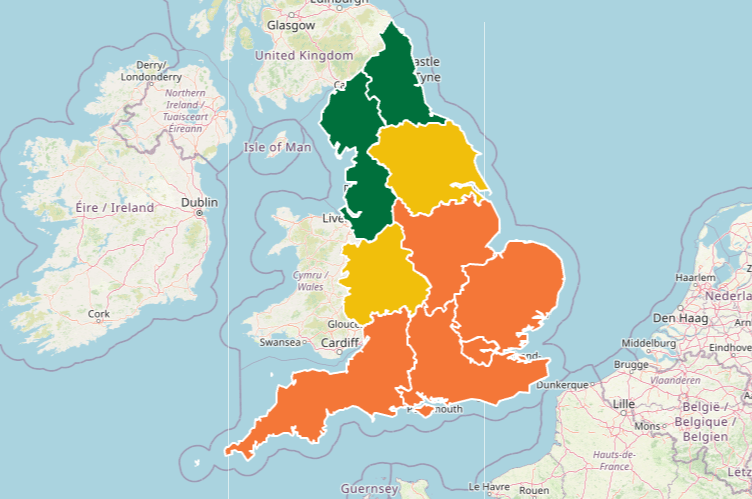
The main risks during hot weather are:
• not drinking enough water (dehydration)
• overheating, which can make symptoms worse for people who already have problems with their heart or breathing
Risk Description
Significant impacts are likely across health and social care services due to the high temperatures, including:
• a rise in deaths, particularly among those ages 65 and over or with health conditions.There may also be impacts on younger age groups
• likely increased demand on all health and social care services
• internal temperatures in care settings (hospitals and care homes) may exceed recommended threshold for clinical risk assessment
• the heat affecting the ability of the workforce to deliver services
• indoor environments overheating increasing the risk to vulnerable people living independently in community and care settings
• issues managing medicines
• staffing issues due to external factors (for example, affecting transport)
• increased demand for power exceeding capacity
• other sectors starting to observe impacts (for example, travel delays).
Keep cool
If you are going outside
Try to avoid the sun during the hottest part of the day, between 11am and 3pm when the UV rays are strongest. Stay in the shade, drink plenty of water, apply sunscreen regularly and wear a wide brimmed hat. Cold showers, filling up a hot water bottle with ice and blotting your skin with damp, cold cloth can help keep you cool. You should also avoid exercising during the hottest part of the day.
What to wear
What we wear can make a real difference to how our bodies handle heat. Avoid the temptation to strip off, because you may be at greater risk of sunburn, which can affect your body's ability to cool itself. Instead wear light colours (dark colours absorb more of the light, converting it into heat) and loose cotton or linen garments that are more breathable, absorbent and encourage ventilation.
If you are inside
If you're indoors, close curtains in rooms that face the sun to keep indoor spaces cooler, spend time in cooler parts of the house (especially for sleeping), open windows when the air feels cooler outside and try to get air flowing through your home. Placing a bowl of ice at an angle in front of a fan can also help cool the air indoors. Never leave anyone in a closed, parked vehicle, especially young children and animals.
Stay hydrated
Sweating is your body's natural way of keeping you cool. Some sweat evaporates from your skin, taking heat with it, the rest runs down your face and body.
We sweat more in hot weather, so it's really important to drink lots of water to replace what our bodies have lost. It also helps cool the body and prevents heat exhaustion. Our physical thirst is not a very reliable indicator of how dehydrated we are (urine colour is better), so you should try to drink plenty before you feel parched. Try not to drink caffeine or alcohol, as they are diuretics that can increase dehydration.
Foods with high water content such as strawberries, cucumber, lettuce, celery and melon can also help you stay hydrated. Try to avoid large, heavy meals laden with carbohydrates and protein because they take more digesting, which in turn produces more body heat.
Dehydration means your body loses more fluids than you take in. If it's not treated, it can get worse and become a serious problem. Visit the NHS website to find out more about how to spot the signs of dehydration and reduce the risk.
Sunscreen and avoiding sunburn
Sunburn increases your risk of skin cancer. Sunburn does not just happen on holiday. You can burn in the UK, even when it's cloudy.
If you plan to be out in the sun, apply sunscreen (at least factor 30) to all exposed skin, and reapply it liberally and frequently for as long as you are outside. Do not rely on sunscreen alone to protect yourself from the sun though. Also wear suitable clothing and spend time in the shade when the sun's at its hottest.
Visit the NHS website to find out more about sunscreen and sun safety. And if you work outside, the Peninsula Cancer Alliance has information for you about protecting the skin you work in.
Sunburn is hot and sore skin caused by too much sun. It may flake and peel after a few days. You can treat it yourself, and it usually gets better within seven days. Visit the NHS website to find out more about sunburn, including what you can do to treat it yourself and when to get medical help.
If your sunburn is severe your skin may also blister and you may feel tired, dizzy or sick. Severe sunburn can lead to heat exhaustion and heatstroke, which can be very serious. You can call 111 or get help from 111 online.
Heat exhaustion and heatstroke
If you or someone else feels unwell with a high temperature, headache, loss of appetite, feeling dizzy or shortness of breath during hot weather, you should consider the possibility of heat-related illnesses such as heat exhaustion or heatstroke.
Heat exhaustion does not usually need emergency medical help if you can cool down within 30 minutes. If it turns into heatstroke, it needs to be treated as an emergency.
Visit the NHS website to find out more about heat exhaustion and heatstroke, including symptoms, treatment and prevention.
Take extra care if you are vulnerable and look out for those most at risk
Anyone can become unwell when the weather is hot, but some are at higher risk than others. This includes older people aged 65 years old and over, babies and young children aged 5 years old and under and people with underlying health conditions or on certain medications.
The government's UK Health Security Agency has a useful list of people who are at higher risk in hot weather. You can find it on their website.
Look out for older people, people with long-term health conditions, those who live alone and may be unable to care for themselves and young children who may find it more difficult to stay cool and hydrated in hot weather.
Want to know more?
There’s lots more information online to help you stay safe during hot weather. Visit the UKHSA and NHS websites including their pages on how to beat the heat and on heat exhaustion and heatstroke.
The Met Office also have information on their WeatherReady campaign which you may also find useful.
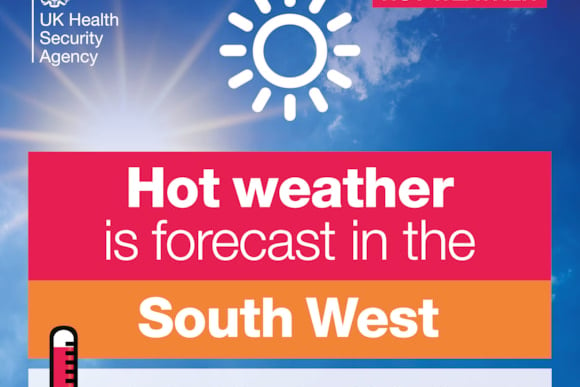
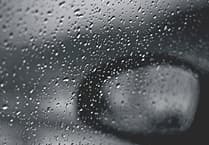
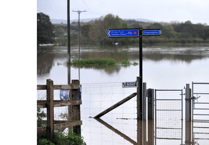
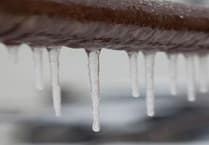
Comments
This article has no comments yet. Be the first to leave a comment.